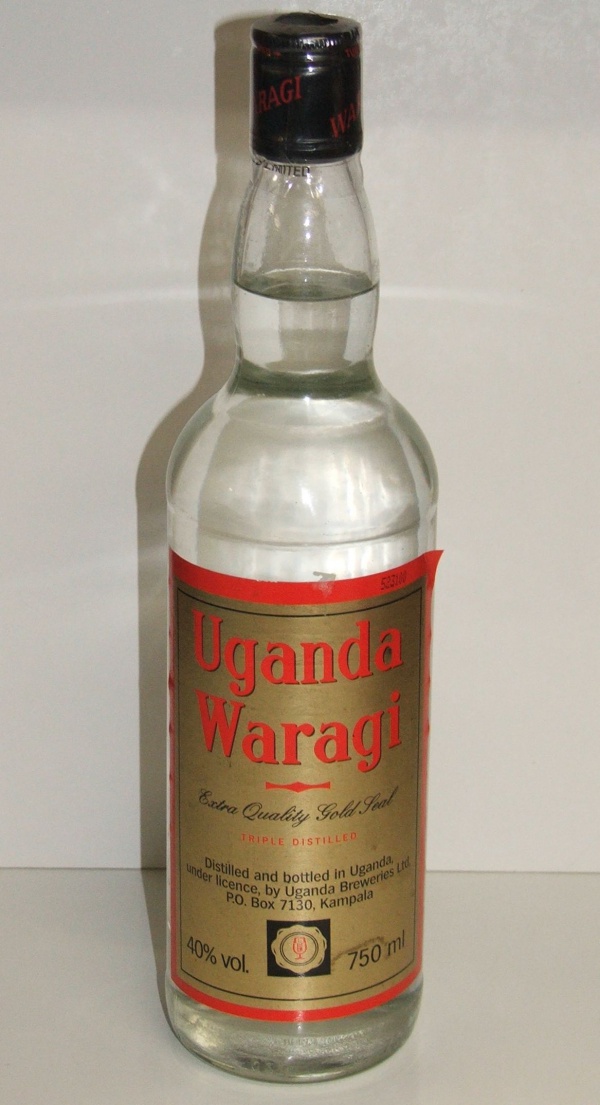Facts About Waragi
Waragi is a term used in Uganda to describe homemade distilled beverages, commonly referred to as gin. The name varies depending on the region or the distillation process. While "Waragi" generally signifies locally distilled gin, "Uganda Waragi" is a specific brand produced on an industrial scale. Other notable brands include "Kasese-Kasese" and "Lira-Lira" each offering unique flavors and aromas. Moonshining and alcohol consumption are widespread in Uganda, which has historically ranked high in alcohol consumption per capita.
The story of Uganda Waragi dates back to the 1960s when Ugandans protested against the British Liquor Act. This led to the creation of the Uganda Waragi brand by the Ugandan government. The Enguli Act of 1965 was then introduced to regulate and tax local Enguli (a term for homemade gin) producers, further shaping the production of Uganda Waragi. The name "Waragi" is believed to derive from "war gin" a nod to its colonial past. Despite previous bans and regulations, Waragi production and consumption remain popular in Uganda.
Unfortunately, there have been incidents of methanol poisoning from adulterated Waragi, resulting in fatalities and highlighting the health risks associated with informal alcohol production. Waragi can be made from various ingredients like cassava, bananas, millet, or sugar cane. Popular variants include Lira Lira and Kasese. Today, much of Waragi production in Uganda remains unregulated, with its affordability and accessibility making it a prevalent choice among locals.

 Rwanda
Rwanda